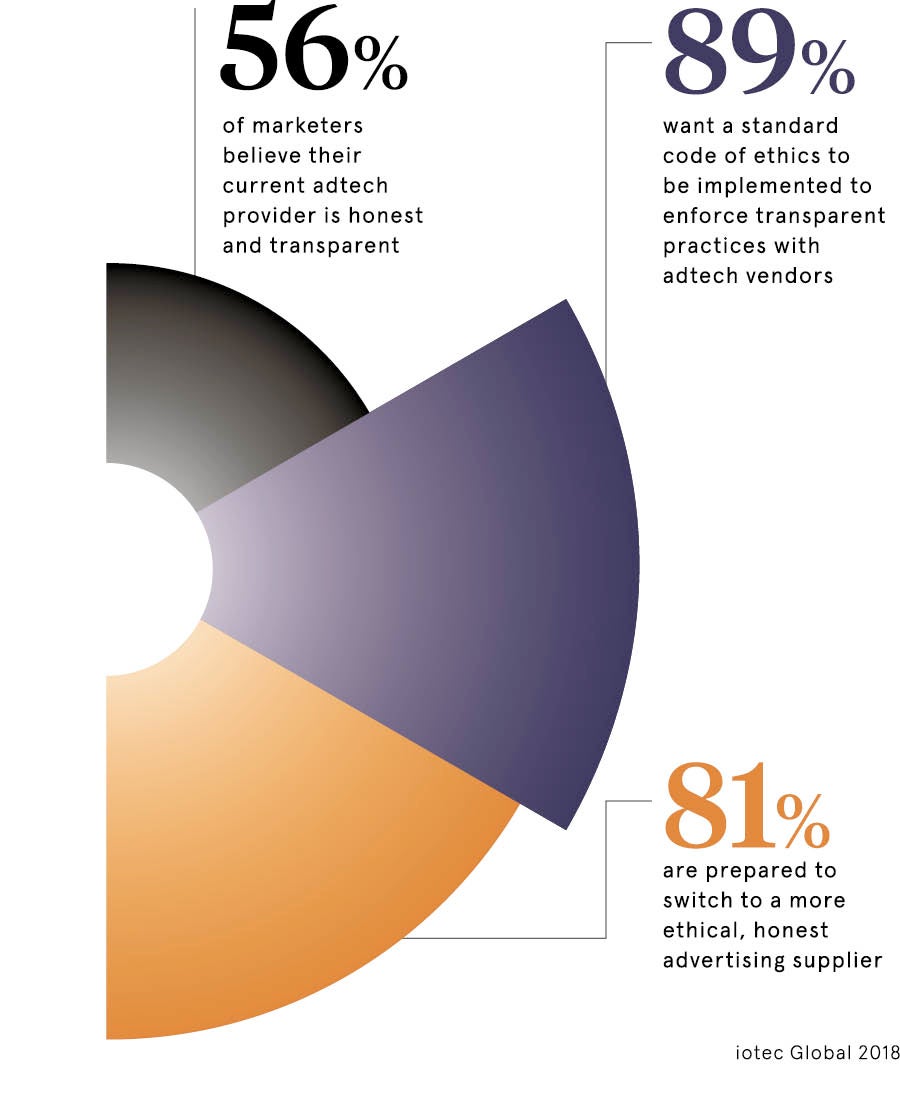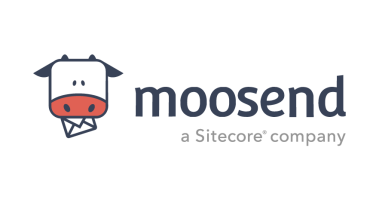While buying advertising through TV, radio or print is relatively straightforward and predictable for brands, the rise of digital advertising over the past decade has brought an array of disreputable practices, conflicts of interest and reputational damage.
From ad fraud and viewability problems to a lack of independent verification of ads on platforms such as Google and Facebook, digital advertising is damaging the image of brands and wasting ad budgets.
Marketers are grasping for solutions to these problems and are looking to rewrite their codes of practice on online advertising. They are taking the lead in creating ethical practices in digital advertising, insisting that agencies are transparent about their behaviour and fees, and making sure consumers are not bombarded with irrelevant and irritating ads.
Patience running out with unethical digital advertising agencies
Procter & Gamble has led the way in hatching a solution to the digital advertising crisis. The household goods giant vowed to take back control of the advertising process and believes the move has paid off.
The company has invested in its own data platform and analytics, and has taken steps to move away from bombarding users with high frequency ads, saving up to 30 per cent of wasted digital media spend in some markets.

Many big brand owners such as HSBC, Barclays, GSK and American Express, as well as the UK government, are reviewing their media arrangements.
“Many media pitches have been triggered by these concerns,” says Paul Wright, chief executive of ethical digital media company iotec Global. “I’ve spoken to so many of those clients and to say they are furious is an understatement.”
Gavin Stirrat, a vice president at online advertising company OpenX, explains: “Bad actors have eroded trust in digital advertising through a combination of deliberate non-transparent actions and poor business practices.”
Mr Stirrat says that for digital advertising to be sustainable in the future, “buyers and sellers must help weed out the unethical and untrustworthy companies that do not add value to the supply chain”.
Looking behind the curtain of adtech
The wild west, anything-goes mentality is particularly strong in the world of advertising technology, the software which delivers digital advertising to people’s browsers, he adds.
The process that puts ads on to a website is complex and happens in the split second between clicking into the site and the ad appearing. In that microsecond, dozens of pieces of software owned by a variety of players interact. The technology collects data about a user, from location and previous web visits to preferences and likes on social media, to serve ads to the right audiences.
Marketers have been captivated by this adtech system as it enables them to target specific audiences, for instance first-time mothers on middle incomes who are interested in golf. For many years they didn’t ask too many questions or look under the bonnet of digital advertising.
There have been increasingly worrying reports about how the magic of adtech is created and what happens when it goes wrong
But there have been increasingly worrying reports about how the magic of adtech is created and what happens when it goes wrong. Ads are appearing next to grossly inappropriate content, such as jihadi videos. There is widespread ad fraud where tricksters create websites that falsify visits and overcharge brands. It turns out many digital ads are not even seen because users do not scroll down the page, so viewability is a major concern for brands.
The complex infrastructure of adtech means thousands of companies are peddling their services to take a share of the half-a-trillion-dollar digital ad industry. Each shaves off their own margins from advertisers budgets. Some agencies have employed rival adtech companies to reach consumers online, leading to a scattergun approach where users are bombarded with ads.
Companies taking back control of digital advertising
One brand that has looked to find a way around these problems is online hostel booking platform Hostelworld. The business has invested in building its own in-house media technology stack and team of experts.
Niall Walsh, director of customer acquisitions, explains the benefits of taking back control of digital advertising. “This allows us to buy media all over the world, all from our London office.” he says. “We can control who sees our ads, when they see them, on what websites they appear and ensure that the creative we show is always high quality. We don’t bombard customers and we ensure that all ads are relevant. We endeavour to only show ads next to content that we believe to be high quality and relevant.”
Taking digital advertising in house is not the only way for brands to avoid the pitfalls of the system. Some are taking the lead in striking deals with platforms such as Google and Facebook, then getting agencies to manage the process, rather than allowing agencies to control the relationships with the platforms.
Agencies have held the balance of power for too long and this needs to change
So what must marketers do to create a new ethical approach to online advertising? Mr Walsh says agencies have held the balance of power for too long and this needs to change.
“The CMO of the future must get clued up to ensure they are taking advantage of the digital opportunity. They will need to understand at an overall level how the digital ecosystem works and the pitfalls to look out for,” he says.
Marketers will need to negotiate agencies and strike direct deals with digital platforms. Above all, they will require confidence, knowledge and a burning desire to insist that their agencies deliver a great advertising experience to customers.
Patience running out with unethical digital advertising agencies






